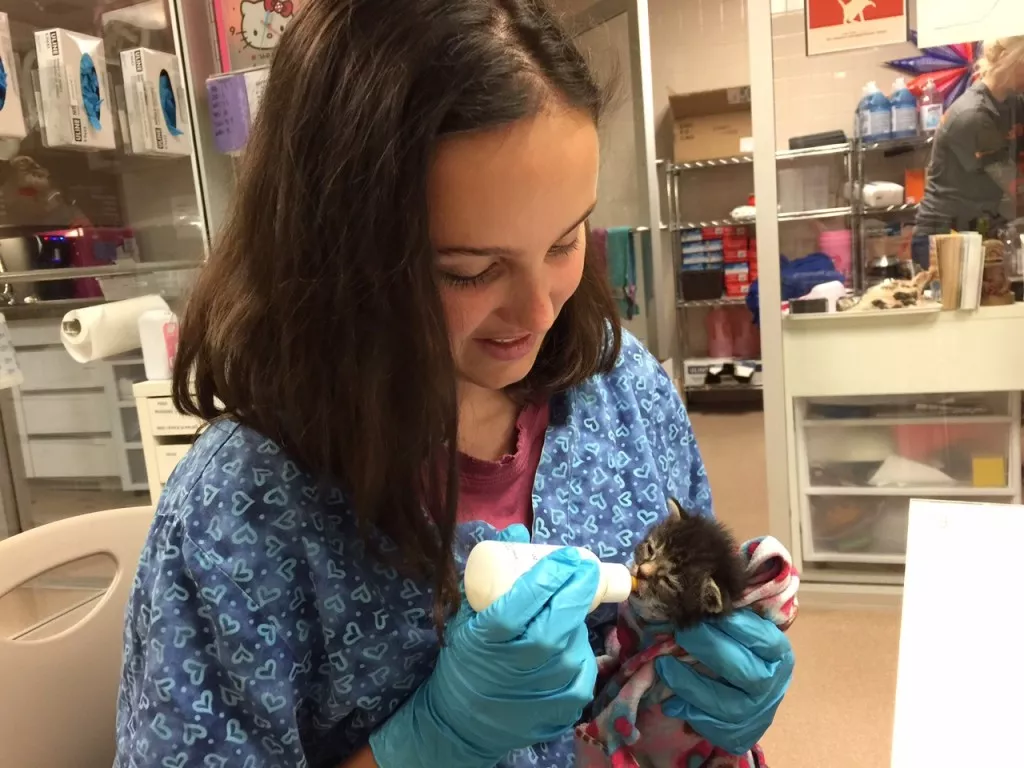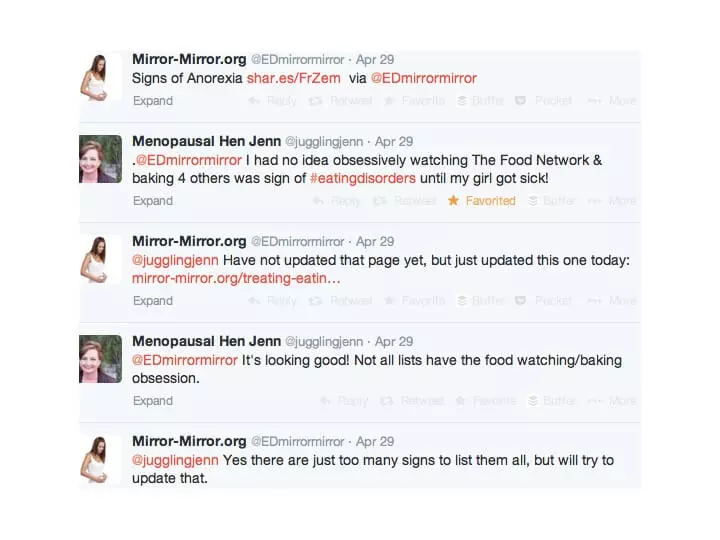How To Choose A Supplemental Nutrition Shake
By Katie Grubiak, RDN at Nutrition Illumination (formerly at EDTLA) Choosing a nutrition shake to support eating disorder recovery can be a daunting process. In a previous post, we discussed the role of supplemental nutritional shakes in eating disorder recovery. Sometimes, patients in recovery will be unable to restore their nutrition entirely with food. Families …
![Nutritional Supplements for Eating Disorder Recovery - Katie Grubiak, RDN in Los Angeles, California [Image description: Photo of a smiling, red-headed, white woman, Katie Grubiak, RDN, eating lunch and surrounded by all the nutritional supplements we tasted]](https://www.eatingdisordertherapyla.com/wp-content/uploads/2018/03/Nutritional-Supplements-for-Eating-Disorder-Recovery-1024x768.jpg)
![Child Drinking a Nutritional Supplement [Image description: drawing of a girl drinking a milkshake from a cup] Depicts a potential girl with an eating disorder such as ARFID in Los Angeles, California drinking a nutritional supplement](https://www.eatingdisordertherapyla.com/wp-content/uploads/2023/05/DALL·E-2023-05-07-09.24.3911-1024x1024.png)


![Condiments in Eating Disorder Recovery in Los Angeles, California [Image description: a photo of various common condiments]](https://www.eatingdisordertherapyla.com/wp-content/uploads/2016/02/Slide1.jpg)

![family at family meal in FBT [Image description: a family with their backs to us sits around a table] Represents a potential family in California receiving FBT for their teens eating disorder](https://www.eatingdisordertherapyla.com/wp-content/uploads/2014/07/DALL·E-2023-12-01-19.14.32-a-family-is-seated-around-a-brown-conference-table.-There-are-2-parents-and-2-teenagers-sitting-and-their-backs-are-to-us.-Off-to-the-side-a-therapist5.png)

